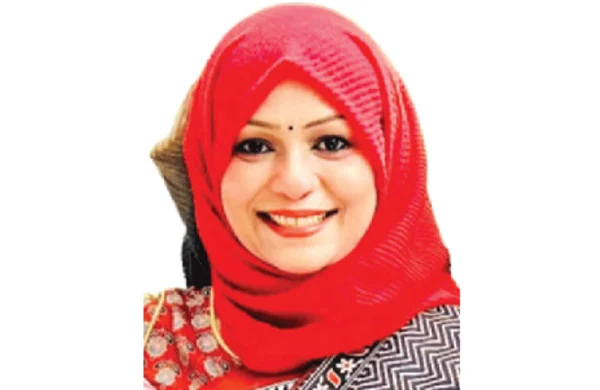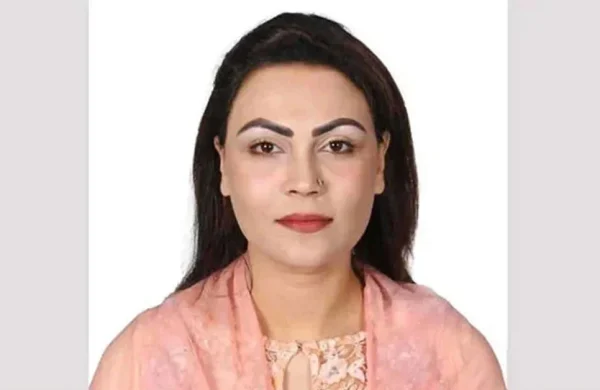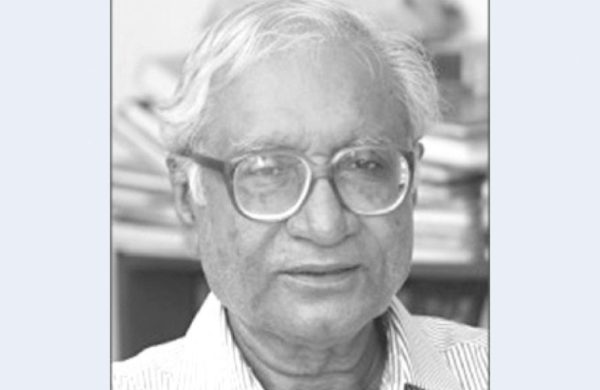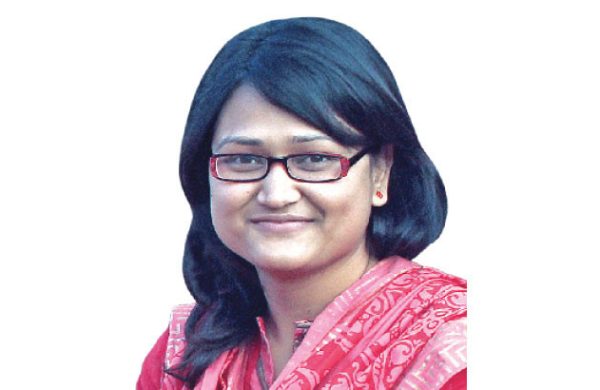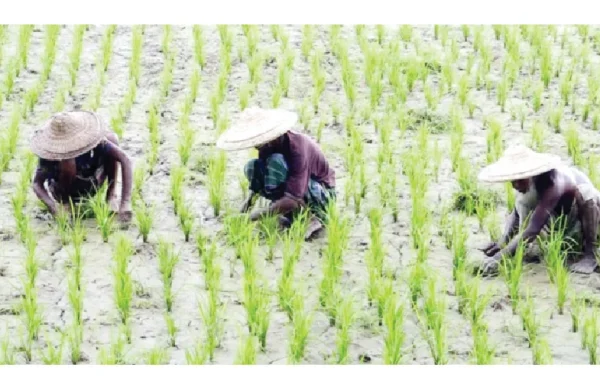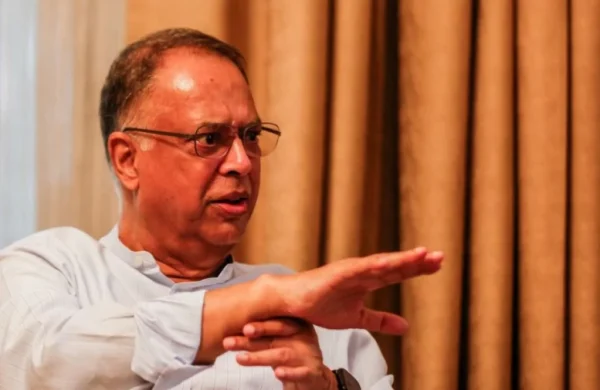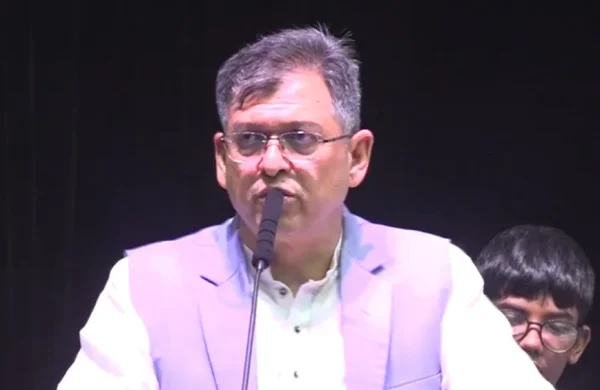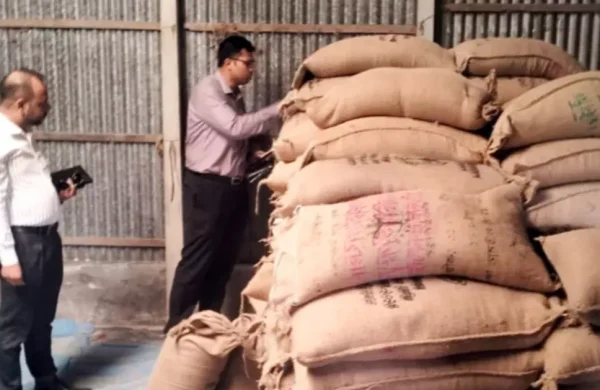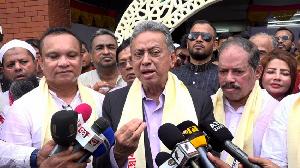Elections belong to the people, not the politicians
- Update Time : Friday, August 29, 2025
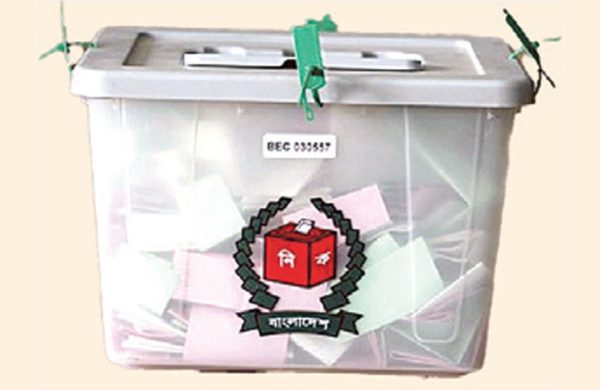
—Azman Rahman—
The July uprising was not an isolated event. It stood in a long line of struggles where citizens of this country took to the streets to reclaim their rights. In 1971, they fought a bloody war to secure sovereignty after their voices were ignored following the 1970 election. In 1990, they rose again to bring down military rule and restore democracy. In 2024, they marched once more—this time against the autocratic rule of Sheikh Hasina who, through election engineering and various repressive tactics, had suppressed them for more than a decade. Each of these moments carried the same message: that power must flow from the people, not the other way around.
The fall of Sheikh Hasina’s government of 15 years created a fragile hope that Bangladesh could finally return to that principle. But whether that hope will survive depends on what we do now and in the coming days. The next election forms a crucial part of that equation as it can signal whether Bangladesh has really broken the cycle of manipulation and is ready for the transformation necessary for a true democratic transition. In other words, an election that reflects people’s choices and an elected government that carries out their mandate will show whether the hope created by the uprising will be turned into meaningful change, or lost once again to history. Therefore, any delay or disruption of the electoral process must not be entertained.
However, recent events suggest a smokescreen being created over the election timeframe. The chief adviser has said that polls will be held in February, but uncertainty lingers. Some political parties are still emphasising reforms before elections, with the NCP openly opposing the February date. Such mixed signals fuel doubt at a time when clarity is essential. Boycotts and threats of withdrawal only deepen the risk of another disputed election. Political parties cannot abandon the people to a narrowed choice, as they did before.
This nation was founded on the demand for people’s sovereignty, and this has been the bedrock of all subsequent uprisings or movements. So to deny or delay voting will not just be a political failure; it will mean a rejection of the country’s founding promise. The kind of election engineering or disruption we have seen over the last few decades has already eroded public trust, pushed younger generations away from politics, and left society increasingly polarised. The longer this pattern continues, the harder it will be to repair the breach between citizens and institutions, including political ones.
The accumulated costs of this state of affairs have been visible everywhere. Instability has continued to stall economic growth, foreign investors remain wary, and people are still left to bear rising prices and uncertainty. The national poverty rate has already soared to nearly 28 percent, according to a recently published estimate by the Power and Participation Research Centre (PPRC). Bangladesh’s reputation as a responsible actor in peacekeeping, climate diplomacy, and trade is also at risk. A country cannot expect a place in global leadership while denying basic political rights to its own citizens. The world is watching, and credibility is not easily rebuilt once it is lost.
The greater burden of change rests not on the people, who have already demonstrated their will, but on political parties. They must prove that they can compete without relying on manipulation, boycotts, or backroom arrangements. Elections cannot remain tools for power preservation; they must become the mechanism that gives power legitimacy. Political leaders who fail to understand this will only invite another wave of public resistance.
Against this backdrop, what is needed now are structural guarantees. An Election Commission that acts with authority and independence, equal access to media and the right to assemble for all parties, and security forces bound to the constitution rather than partisan loyalty—these are the minimum conditions of credible democracy. Without them, the promise of the July uprising may collapse.
Above all, political parties must accept the people’s verdict. Democracy does not survive on the convenience of elites; it survives when citizens can cast their ballots freely and see their choices respected. With more than half the population under 35, Bangladesh’s future depends on whether this generation grows up believing in the power of the vote or dismissing it as a sham. Their political memories cannot be defined by repeated disillusionment. They deserve the right to shape the country’s future through genuine, competitive, and peaceful elections.
The July uprising showed that Bangladeshis will not accept the denial of their rights for long. The lesson of 1971, 1990, and 2024 is consistent: when leaders shut down democracy, people rise to reclaim it. If the political class ignores that history today, it risks again pushing the nation back into chaos. So this time, the elections must belong to the people, and politicians must accept the result.
————————————————————–
Azman Rahman is a political commentator.



